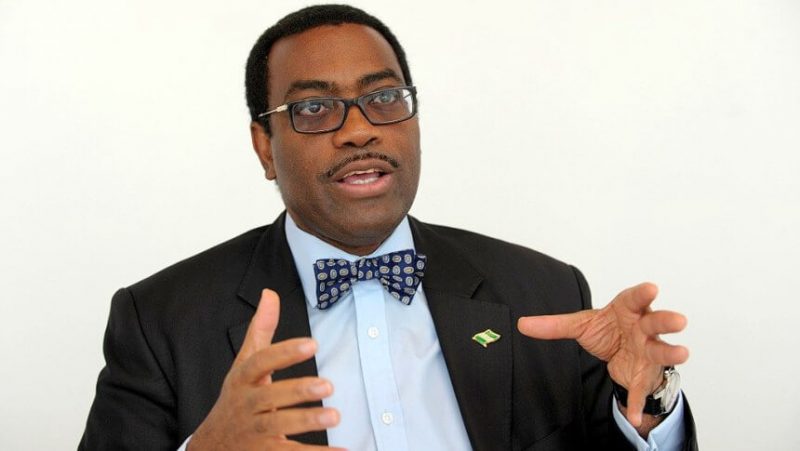Nigeria’s fiscal deficit may hit $9.62bn by next year (2020), The African Development Bank has said.
A country has fiscal deficit if the value of its expenditures exceeds the revenues it is able to generate in a single year. The gap between the expenditures and revenues can be closed through borrowing.
Advertisement
The AfDB in its West Africa Economic Outlook 2019 projected that the gap between Nigeria’s expenditures and revenues would be 4.4 per cent of the country’s Gross Domestic Product by 2020.
As of 2018, the country’s GDP stood at N129.08tn. This translates to $423.21bn and 4.4 per cent of this translates to $9.62bn which is the projected fiscal deficit for the country.
According to the bank, the country’s fiscal deficit was estimated at four per cent of GDP for 2018 while it is projected to rise to 4.2 per cent in the current fiscal year.
However, the 2019 Appropriation Bill which was recently signed into law by President Muhammadu Buhari contained a fiscal deficit of N1.9tn which translates to $6.29bn at the official exchange rate of N305 to a dollar.
Advertisement
According to AfDB, high fiscal deficit in Nigeria and other West African countries remains a threat to a single currency in the region as the Economic Community of West African States had stipulated a fiscal deficit of not more than three per cent of GDP for each country.
The report said, “The macroeconomic convergence criteria require countries in West Africa to keep their fiscal deficit below three per cent of GDP, which countries have historically had difficulty achieving. This is reinforced by the need to limit central banking financing of the deficit.
“The fiscal deficit has generally been above three per cent for most countries – for two main reasons: weak domestic revenue compounded by dependence on a single source of revenue (exports of primary commodities), and expansionary fiscal policy, biased toward recurrent expenditure.
“Efforts to diversify revenue sources have been hampered by the private sector’s limited capacity and by a reluctance to implement difficult tax reforms and costly government subventions. So only a few countries have achieved the convergence criteria on the fiscal deficit. And sustaining this over a long period has been a challenge.”
According to the report, it was between 2014 and 2016 that the West African region achieved appreciable fiscal deficit. Nigeria’s recorded a fiscal deficit of three per cent within the period.
Advertisement
However, the following year, 2017, the nation’s fiscal deficit jumped to 5.2 per cent. This coincided with the period of recession and the government had to inject fiscal stimulus in an attempt to ensure that the nation spent its way out of recession.
The AfDB report said that the fiscal deficit of the West African region would improve between 2018 and 2020 except for a few countries including Nigeria whose fiscal deficits would on the contrary rise.
The report said, “The fiscal deficit for the region is projected to narrow from 4.2 per cent of GDP in 2018 to 3.9 per cent in 2019 and 2020.
“The improvement is expected to come from reductions in all countries except Nigeria, whose deficit is projected to rise from four per cent of GDP in 2018 to 4.2 per cent in 2019, and Sierra Leone, whose deficit is projected to rise from 7.7 of GDP to 7.8 per cent in 2019.
“Fiscal deficits of less than two per cent of GDP are projected in 2019 in Cape Verde, Gambia, Liberia, and Togo. Gambia will consolidate gains made in 2018, and Liberia will see improvement because of the new administration’s renewed commitment to containing unproductive expenditure caused by the challenging revenue environment and the rising debt burden.”
It added that Togo would face serious social and political challenges that could make achieving a fiscal deficit of two per cent problematic even though authorities in the country had demonstrated a strong commitment to improving infrastructure and reforming institutions.



